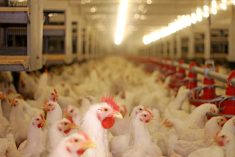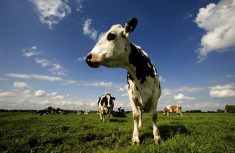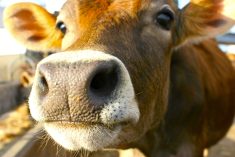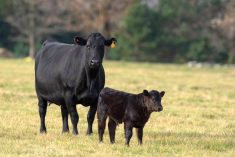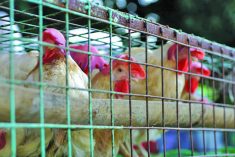Chicago | Reuters — Tyson Foods is laying off a certain type of rooster from its U.S. chicken business after a surprising discovery that eggs fertilized by the male bird hatch less often, resulting in fewer chickens.
The world’s largest meat producer by sales will install a replacement across its breeding program by this fall to boost production, Donnie King, president of Tyson’s poultry business, said on Monday.
The U.S. is hungry for more chicken, and supplies are lean as fast-food companies compete to sell chicken sandwiches and wings.
Read Also
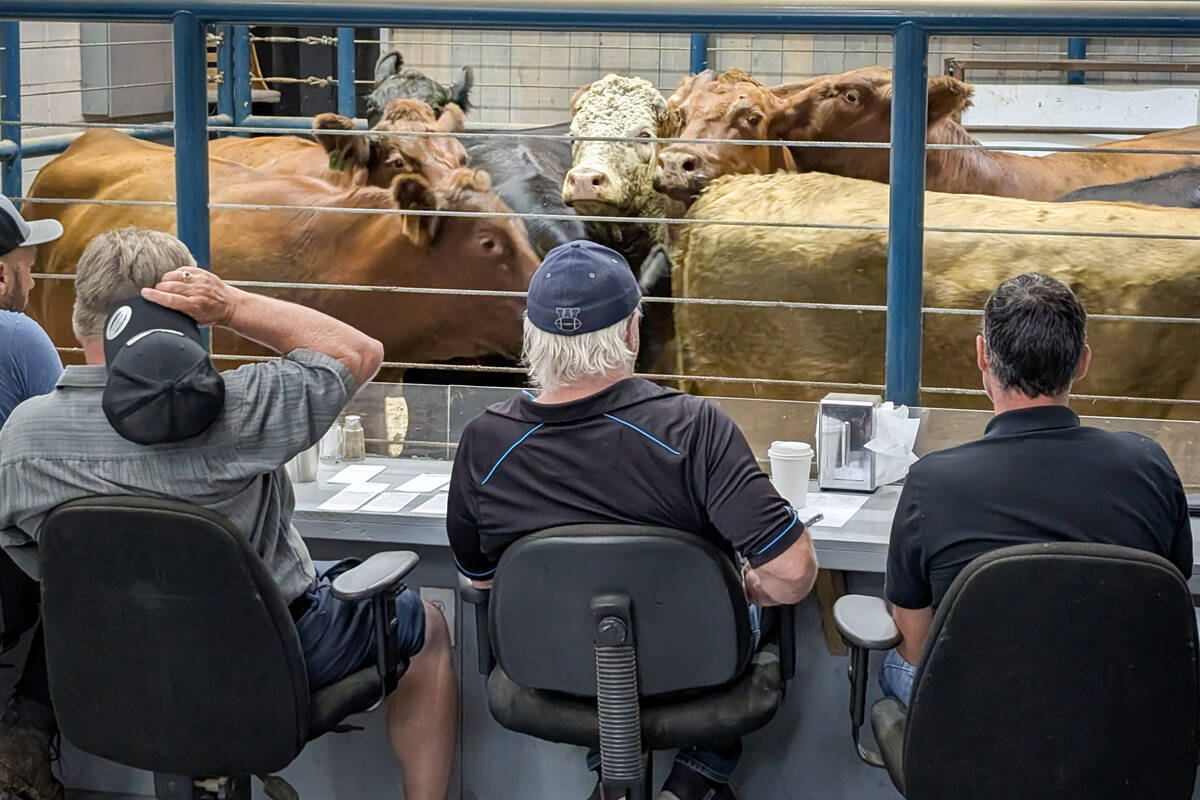
Klassen: Weaker fed market weighs on feeder cattle prices
For the week ending November 8, Western Canadian feeder cattle markets traded $10-$20/cwt below values from seven days earlier. Some…
“We’re changing out a male that quite frankly we made a bad decision on,” King told analysts on a quarterly earnings call.
A company spokesman did not immediately respond to request for details about the variety and origins of the rooster type that is getting the boot.
Breeding companies provide hens and roosters to chicken producers, which then breed the birds and hatch their eggs to produce meat. Tyson owns one the of the nation’s major breeding companies, Cobb-Vantress.
The unexpected decline in hatching hit Tyson in January, after it introduced the type of rooster that is now being fired, King said. The problem is half the reason why the company’s chicken supplies are tight, he said.
“It’s about a 50/50 split between the hatch issue for us and the strong demand,” King told reporters after the earnings call. “We’ll get our supply sorted out.”
Reduced hatching, along with production disruptions related to severe winter weather and the COVID-19 pandemic, drove down Tyson’s chicken sales 3.2 per cent by volume in the quarter ended April 3, according to the company. Prices climbed 7.8 per cent, pushing sales by value up 4.6 per cent to US$3.6 billion.
To meet customers’ needs, Tyson during the quarter bought more chicken from outside companies than it normally does, mainly breasts.
One customer, KFC, has a new chicken sandwich that is selling twice as much as a previous version, according to KFC owner Yum Brands.
“Our main challenge has been keeping up with that demand,” Yum CEO David Gibbs said on an April 28 call.
Nationwide, 842 million chicks hatched during March that were bred for meat, down two per cent from a year earlier, according to the U.S. Department of Agriculture. As of April 1, there were 717 million eggs in incubators, up four per cent from a year ago.
Once Tyson’s new rooster type is in place, it will take a year before the company sees the full benefits from improved hatching, King said.
“That’ll help us in supply,” he said, “supply that we quite frankly need today.”
— Tom Polansek reports on agriculture and ag commodities for Reuters from Chicago.






